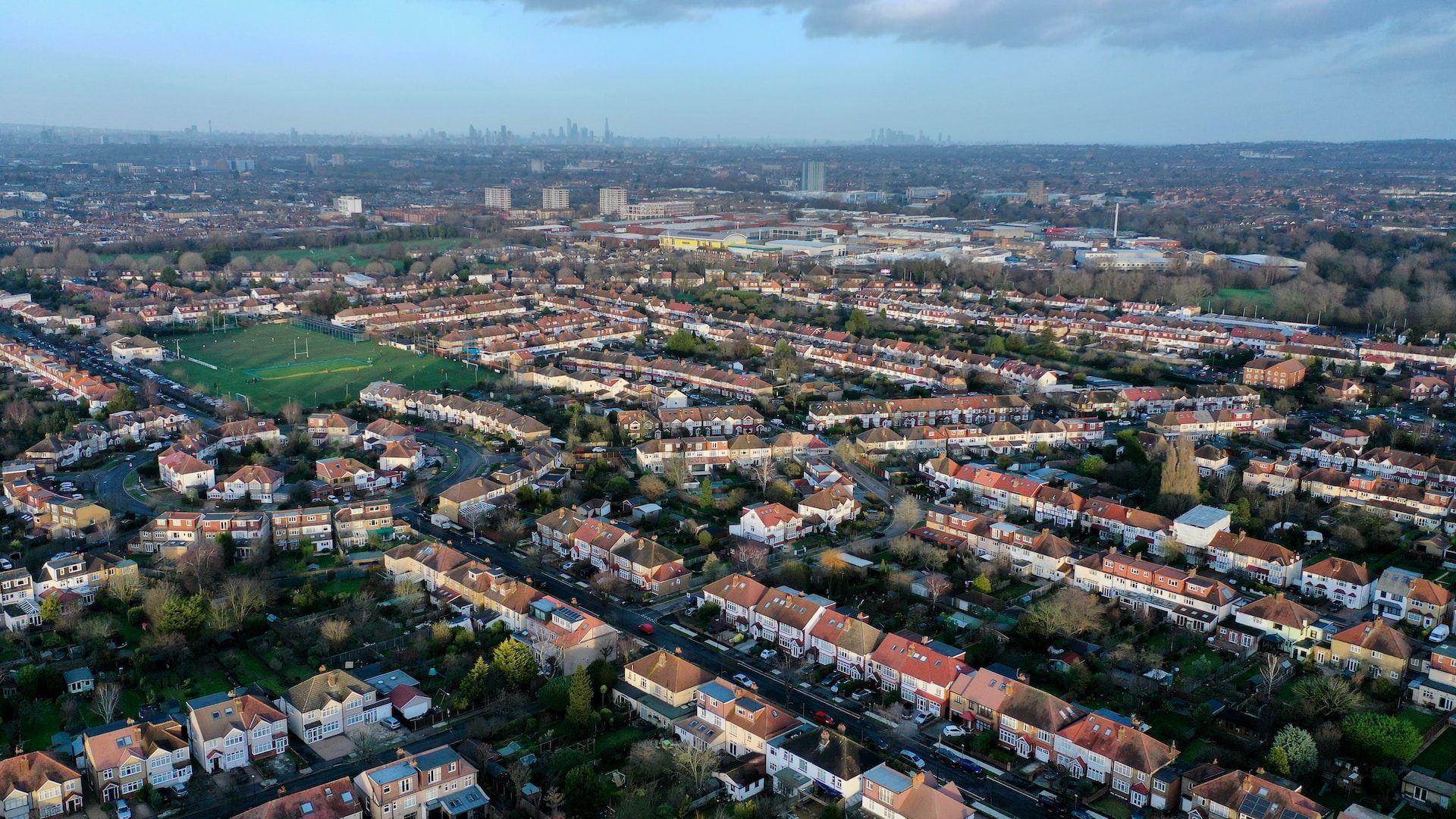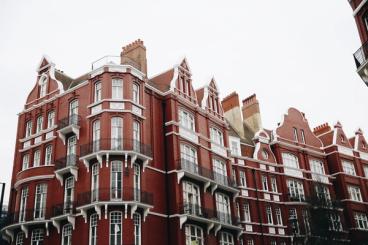Who is considered a first time buyer in the UK?
Introduction
For many people, owning their own home is a major life goal and source of pride. However, getting onto the property ladder can be extremely difficult these days, especially for prospective first time buyers. Saving enough for a deposit while paying rent is a huge barrier. Understanding who actually qualifies as a first time buyer, and what assistance schemes exist, is key for first time buyers.
What is a first time buyer?
To qualify as a first time buyer in the United Kingdom, you need to meet the following description provided by the UK Government. `A first time buyer is defined as an individual or individuals who have never owned an interest in a residential property in the United Kingdom or anywhere else in the world and who intends to occupy the property as their main residence`.
This means that if you're looking to purchase a property as an investment tool, or looking to rent the property out, you would not be considered eligible for any government assistance or scheme.
How does the government know if I am a first-time buyer?
Firstly, it's important to be completely honest on any and all applications when purchasing a property, at the very minimum, you could end up delaying the purchase of a property, which could end up resulting in legal repercussions.
When you purchase a property, your details are recorded with HM Land Registry, who will provide you with a copy of the land registry title document, a document showing important information about the property, such as the names of the legal owners and whether there are any mortgages, rights of way or other legal matters that affect it.
This information will be shared with all parties relevant to the sale, including your conveyancer, and mortgage provider.
Can I qualify as a first-time buyer a second time?
For assistance provided by the government, sadly no. Regardless of any personal situations you may have dealt with, once you are recorded as a property owner, you are considered no longer eligible for any first time buyer assistance.
This includes any situation where you purchased with an ex-partner but are now single again and looking to buy solo, you would still be considered a first time buyer. The same applies if you are married and looking to buy a second home that will only have one name on the deed.
Whilst this is the governments stance on the matter, these aren't always the terms that mortgage providers adhere to, so it's worth searching around to see what support is available.
What if I purchased a shared ownership before?
If you purchased a shared ownership property, where you own a share and pay rent on the remainder, you do not qualify as a first time buyer when you purchase a home fully owned by yourself.
Am I a first time buyer if I Inherited a property I never lived in
If you inherited a home, regardless of whether you lived in it or quickly sold it, you will not be considered a first time buyer.
Can my partner be a first time buyer if I already own a house?
Your partner may still be eligible for first time buyer benefits even if you already own a property.
If your partner has never owned a home, but you previously purchased a house solely in your own name, then your partner could potentially still have first time buyer status. This would apply if you are now jointly buying your first home together and intend to split ownership equally. In this case, your partner would need to be named on the deed and mortgage for the new home. They could then access schemes such as the Lifetime ISA scheme, which you can find more about further down.
What support is available for first time buyers?
It is widely known that getting onto the housing ladder can be incredibly difficult, requiring large savings, and adherence to strict lending criteria. To help first time buyers, the government offers several initiatives to help first time buyers onto the property ladder:
Stamp Duty Land Tax Discount (SDLT)
Stamp Duty Land Tax (SDLT) is a tax that you must pay when purchasing residential property or land over a certain price threshold. You can claim a discount on this if you are purchasing your first home.
- No SDLT is payable on property purchases up to £425,000
- 5% SDLT on the portion from £425,001 to £625,000
The values above may change and the most recent values can be found on the government website.
First Homes Scheme
The First Homes scheme offers first-time buyers in England the chance to purchase a home at a 30% to 50% discount compared to the market value. This substantial saving applies to both new build properties built by developers and existing homes resold by their original owners who bought via the First Homes program.
By significantly reducing the price of your first home, the scheme aims to help more first-time buyers achieve homeownership when they otherwise may struggle to buy at full market rates.
Lifetime ISA
A Lifetime ISA (LISA) is a type of individual savings account designed to help people save for either a first home or retirement. There are some additional rules and restrictions regarding a Lifetime ISA
- You must be aged 18-39 to open a LISA.
- You can contribute up to £4,000 each tax year until age 50. This counts towards your overall ISA allowance.
- The government provides a 25% bonus on your contributions each tax year. So for every £4,000 you save, you get £1,000 extra from the government.
- Your LISA savings and bonus can be used towards a deposit on your first home worth up to £450,000. Alternatively, you can withdraw funds penalty-free from age 60 towards retirement.
- Any withdrawals before age 60 that aren't for a first home purchase will incur a 25% penalty.
- You can hold cash, stocks and shares, or a combination within your LISA.
What deposit do I need as a first time buyer?
When purchasing a property in the UK, most buyers need to provide an upfront deposit that serves as down payment on the home. While it is possible to get a mortgage with just a 5% deposit, this is considered the minimum and can result in less favourable interest rates or restricted product choices. For this reason, it is more common for UK buyers to aim for deposits of at least 10-20% if possible, or even higher. With average house prices for first time buyers now over £250,000 nationwide, this means the typical first-time buyer will need to save upwards of £25,000 or more for their initial deposit based on a 10% down payment.
In expensive areas like London, deposits can stretch well over £100,000. Coming up with this substantial lump sum is extremely challenging for many prospective buyers, especially amidst rising property prices and high rental costs. But for individuals looking for competitive rates, building a deposit of 10-20% or higher via diligent saving remains the prudent strategy before purchasing their first or next home.
| Date | Price |
|---|---|
| Feb, 2024 | £247,412 |
| Feb, 2023 | £253,672 |
| Mar, 2023 | £250,683 |
| Jul, 2023 | £255,326 |
| Dec, 2023 | £250,033 |
| Feb, 2023 | £253,672 |
| Mar, 2023 | £250,683 |
| Jun, 2024 | £255,752 |
| Mar, 2024 | £247,447 |
| Jul, 2024 | £255,981 |
| Apr, 2023 | £251,895 |
| Jan, 2023 | £254,692 |
The average property purchase price for a First Time Buyer in England
Conclusion
While buying for the first time can be daunting, prospective homeowners should understand who qualifies and what help exists. If you have never solely owned a primary residence before, you can likely be considered a first time buyer. This opens up access to key government schemes and lending options. Doing thorough research is vital for navigating the complex property market as a new buyer.





